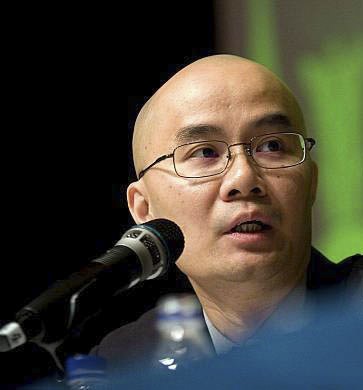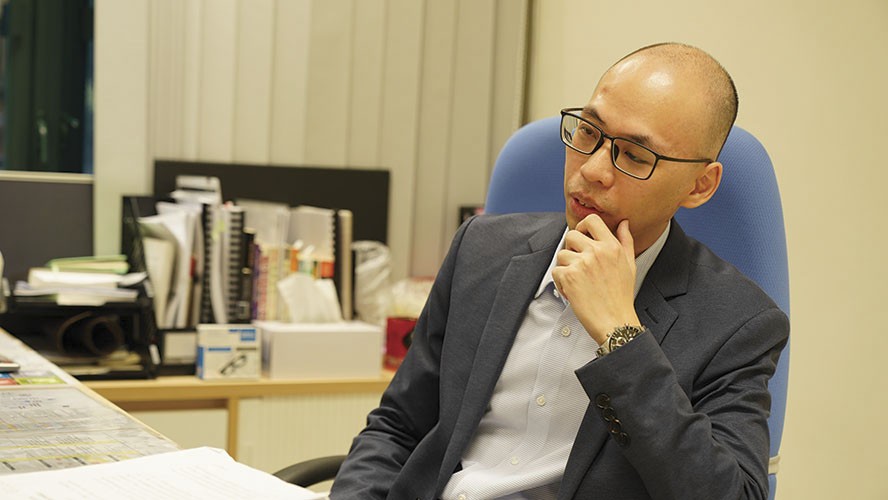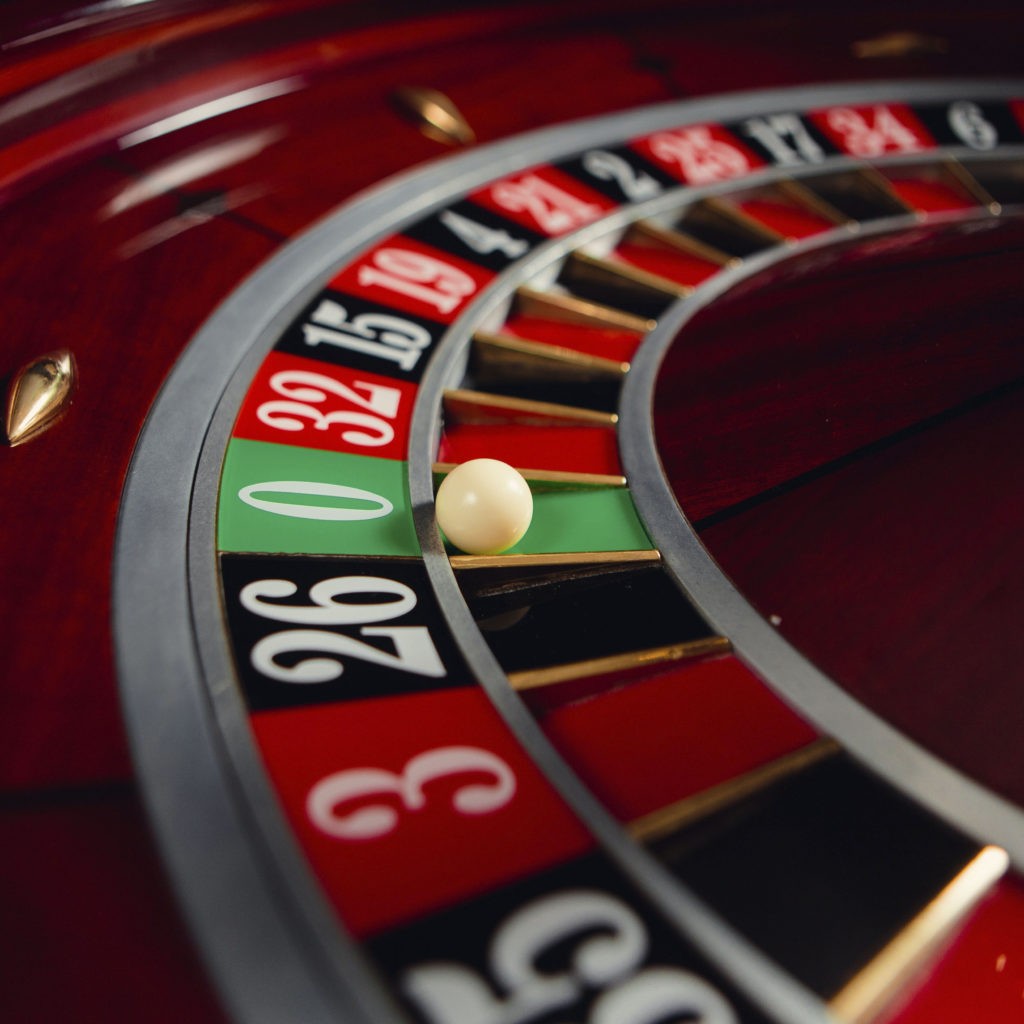Old business model has no place in the new gaming concessions. It is unanimous among analysts that the opening of borders will allow the return of revenues, but there is no consensus on the level of recovery for 2023. The race for foreign markets will have to wait for the materialization of non-gaming investment and one academic points to the premium mass market as a “strategic focus”
Since January 8, visitors to Macau from the Mainland, Hong Kong or Taiwan are exempt from presenting a negative result to Covid-19. Those arriving in the city no longer need to declare their health status or comply with quarantines, with borders operating normally for the first time in three years.
All these factors point to this being the first Chinese New Year with a “normal” entry record since 2020. However, it is still impossible to predict “how good” it will be for local casinos this Year of the Rabbit. Macau has recorded gross gaming revenue of 42.2 billion patacas (US$5.3 billion) in 2022, a 51.4 percent drop from 2021 and the lowest figure in a single year since 2004.
The recent opening of the city has led investment bank JP Morgan to revise its estimates, pointing to a full recovery in gross gaming results in 2019 to the second half of 2023 – well ahead of previous forecasts that indicated such a return only by mid-2024.
Also read: Gaming in Macau – Millions to surpass Las Vegas
Ryan Ho Hong Wai, a professor at the Macau Polytechnic University’s Center for Gaming and Tourism Studies, tells PLATAFORMA that the local gaming industry is expected to recover thanks to strong demand accumulated for leisure and tourism offerings in the country.
However, he notes that new regulatory changes and post-pandemic socioeconomic conditions may bring a new generation of tourists to Macau, whose spending habits differ from their pre-Covid counterparts. “In my opinion, the ‘mass premium’ sector will be the strategic focus for most Macau casinos and potentially an important revenue generator for the local gaming industry. Unlike the VIP players raised by gaming promoters, the ‘premium mass’ segment consists predominantly of players without junket contracts, but who engage in high-stakes gaming,” he analyzes.
And this difference in business model may even “be good news for operators, as they will not have their profit margins reduced by commissions to gambling promoters,” he notes.
Read also: Macau wants gaming operators to promote health tourism
Speaking to PLATAFORMA, Ricardo Siu, professor at the UM Business School, predicts that the total gaming volume in 2023 will be between 120 and 150 billion patacas, still far from the 180 billion goal set by the Macau SAR authorities.
At issue are “limits” to the industry, namely the considerable reduction of the VIP sector in the city and the restrictions that Beijing continues to impose on Chinese gamblers with multiple visits to Macau to wager considerable sums. Siu believes that this implies a future where “the traditional VIP segment may not have much room.”
And he explains his downward revision of the figures forecast for 2023: “Let’s assume that the VIP sector of 2023 reaches about 20 percent of that of 2019, or MOP27 billion, and that the mass sector […] reaches 60 or 80 percent of the 2019 figures; this means overall results between MOP94 billion and MOP125 billion.”
NEW FOCUS
It should also be remembered that gaming operators in Macau have committed to invest a total of 180 billion patacas in the development of non-gaming elements. Although the new concessionaires are beginning to increase their focus on entertainment activities and new tourism experiences, gambling is expected to be the safest bet in the short term. In a recent report, consulting firm Morgan Stanley points out that concessionaires are not expected to start their non-gaming investments until 2024, as 2023 will still be a recovery year for the gaming and tourism sector.
Also read:
The consultant believes, however, that the MOP 180 billion target is within reach, considering the gaming revenue from the mass market.

“If annual casino revenues reach 180 billion by 2027, the six operators will have to increase their non-gaming investment by up to 20 percent. This 180 billion could potentially be a short to medium term goal for operators to achieve,” Ryan Ho points out.
UNEXPLORED MARKETS
In the awarding of the six new gaming concessions, much has also been said about the introduction of new tax benefits for operators who manage to attract more foreign bettors. Under the new gambling law, gambling concessionaires may be offered for reasons of public interest a reduction or exemption from paying contributions of five percent of gross gambling revenues – including three percent for urban development, tourism promotion and social security – notably for expanding customer markets in foreign countries.
Also read:
Gaming concessionaires will also be able to create specific zones for foreign bettors from the beginning of this year. Increasing the number of foreign visitors would in theory not be somewhat difficult, considering that only three million of the 39.4 million visitors recorded in 2019 came from outside Greater China.
However, doubts persist in the practical application of this new incentive measure.

“I suspect that due to concerns over the relatively high number of infections on the Mainland, Hong Kong and Macau in January and February, the increase in the number of foreign visitors is likely to be slow at first, recovering only from the second quarter onwards,” Siu tells PLATFORM.
For Ryan Ho, the development of foreign markets in much depends on the operators’ success in creating competitive non-gaming offers and their ability to identify target markets.
Also read:
“Gaming operators are taking a long-term bet on the expanding middle class in China and throughout Asia. This emerging class is eager to spend on leisure and entertainment. Moreover, the tax benefits encourage them to go beyond China and explore regional markets, paving the way for a new era in the city’s gaming industry,” Ho points out.
“As most local casinos continue to migrate from high rollers to casual gamblers, operators need to adapt to the ‘new normal’.”



